By God’s grace, we just concluded a smooth, drama-free, Holy Spirit led, and healthy shepherd selection process here at the GCR Church. We have ordained four new elders — Gary Glasscock, Richard Hatchett, Michael Humphries, and Marc McQueen — to join the current group of seven, to give us a terrific team of godly men committed to shepherding this church in the name and manner of our Lord Jesus. The process culminated Sunday in an ordination service that was, by all accounts, a beautiful and inspirational moment for our whole congregation.
We wanted the service to feel like the whole church was participating in ordaining these four new shepherds and affirming and blessing the whole group of eleven. We wanted the charges and pledges to go both ways – the elders would make promises to the church and the congregation would make promises to the elders. Several shepherds and ministers and support staff made wonderful suggestions along the way and we wound up with what I would consider a model for an ordination ceremony.
First, we gathered around our elders and and prayed thanksgiving and blessing over them. We asked all eleven of our shepherds and their wives to step out into the aisles where we could get to them, and we got out of our seats, put our hands on them and our arms around them, and talked to the Lord about them. We thanked God for the dedication of these men and their wives to seeking the Lord and following Christ and serving his Church. We expressed our love for them to the Father. And we lifted each of them up – these men, their wives, their families, their ministries, their service to our congregation – to the Lord in trust and faith.
Next, we brought all eleven couples to the stage and four of our young children from the congregation presented the new elders with beautiful shepherds’ staffs as symbols of godly leadership. We want these staffs to serve as reminders that they are called to lead this church with the same priorities our God lays out in Ezekiel 34: lead us to good pastures, where there is peace and rest; keep the big sheep from running over the little sheep; keep all of us from butting heads with each other; search for the lost and bring back the strays; bind up the injured and strengthen the weak.
And then we charged our elders with the specifics. I started the charge, but we had four other members of the church stand up in the middle of the congregation to also address the shepherds with our expectations. It went like this:
Allan: On behalf of the church family here at Golf Course Road, in the presence of our God, in the name of our Lord Jesus Christ, and by the power of the Holy Spirit, believing that we have not acted in haste but have prayerfully depended on our God, we charge you men to be faithful shepherds of our flock.
Then Juan Alcaraz and his family stood up from their seats on the left side of the worship center: Believing that the Spirit of God has called you to this ministry and that you are a gift of his grace to our congregation, we charge you to accept this calling with humility and compassion. We charge you to devote yourselves to prayer, to commit yourselves to the ministry of God’s Word, and to consecrate yourselves to the earnest shepherding of our church.
Elders: By God’s grace, we will.
Then our whole youth group stood up on the right side of the church as Mallory West, one of our high school freshmen, read the next lines: As you shepherd us, will you submit to the Lordship of Jesus and to his example by taking the very nature of a servant and considering the needs of others more important than your own?
Elders: By God’s grace, we will submit to the Lordship of Christ, to his church here at GCR, and to one another. We will sacrificially serve the church with humility and compassion in the name and manner of Jesus.
Then Corene Morton stood up in the middle of the church: Will you diligently seek the Lord in ways that we can follow, attaining to the whole measure of the fullness of Christ?
Elders: By God’s grace, we will train ourselves for godliness; we will pursue the way of righteousness, faithfulness, gentleness, and love.
Then Ken and Carolyn Arnold stood up from their seats: And will you guard this church as the blood-purchased possession of Christ?
Elders: By God’s grace, we will teach and admonish in humility, encourage and support in love, and faithfully lead and protect our brothers and sisters at GCR as our Lord’s most prized possession.
At this point, I asked the entire church to stand and I asked them two questions, to which they responded in unison: Do you acknowledge and publicly affirm these godly men as your shepherds and receive them as your elders as gifts of God’s Holy Spirit to this church?
Church: We acknowledge these men as elders ordained by God and we receive them as our shepherds and as gifts of God’s Holy Spirit to this church.
Allan: Will you love and pray for these men, will you work together with them in humility and unity and good cheer, will you give them all due honor and support in the leadership to which our God has called them?
Church: By God’s grace, we will obey and submit to these men, so that their work will be a joy and not a burden.
Allan: Let all in the church who agree, affirm so by saying, “Amen!”
And they did. Then Joe Coffman, one of our former long-serving elders, led us in a beautiful congregational prayer of thanksgiving and blessing over the whole thing.
It wasn’t just four guys on the stage and a prayer. It was our whole church, from the youngest among us to the oldest, in the aisles, on the stage, holding microphones, asking and answering questions, making eye contact, making promises, giving and receiving hugs, saying prayers and being prayed over.
We do not “install” elders; that’s what you do with dishwashers. We ordain them. We affirm them. We charge them and bless them and use holy words to lift them up to the Father. It’s relational. It’s between a church and its spiritual leaders in the presence of God. It’s not an “installation.” It’s a sacred moment in the ongoing story of what the Lord is doing in and through his people in this place. Treating it as such will inspire your church. And it’ll bless your shepherds. And it will honor our God who brings us together in Christ Jesus.
Peace,
Allan
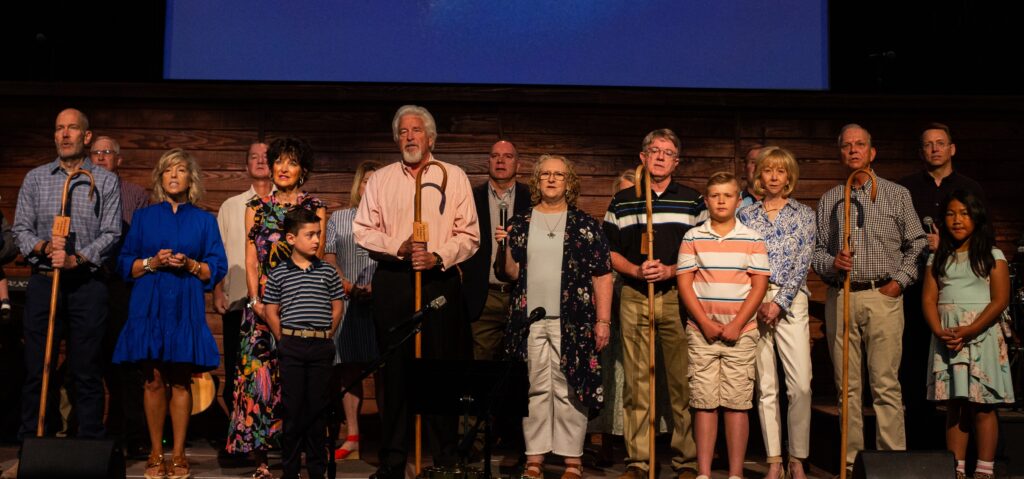
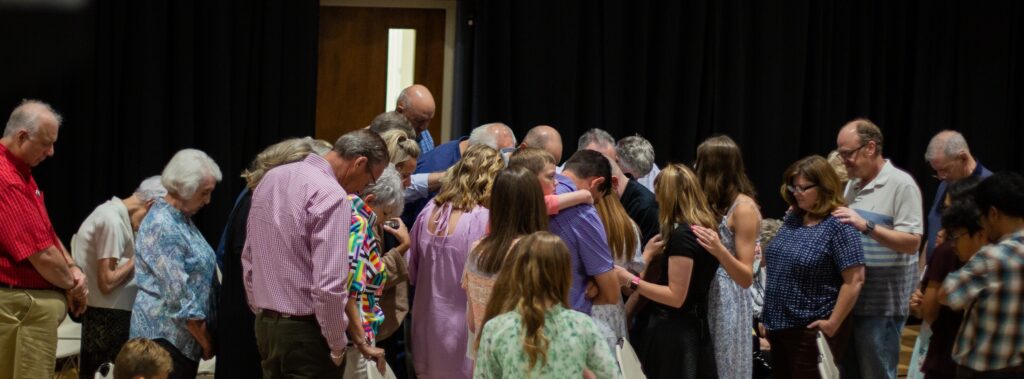
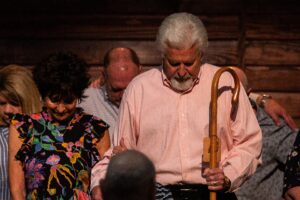
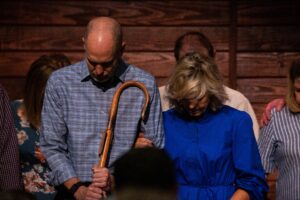
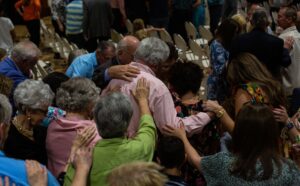
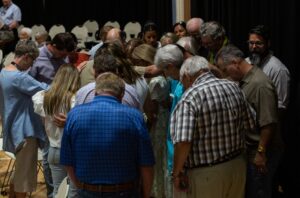
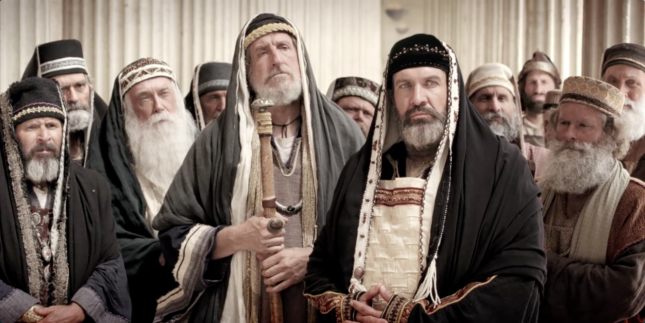
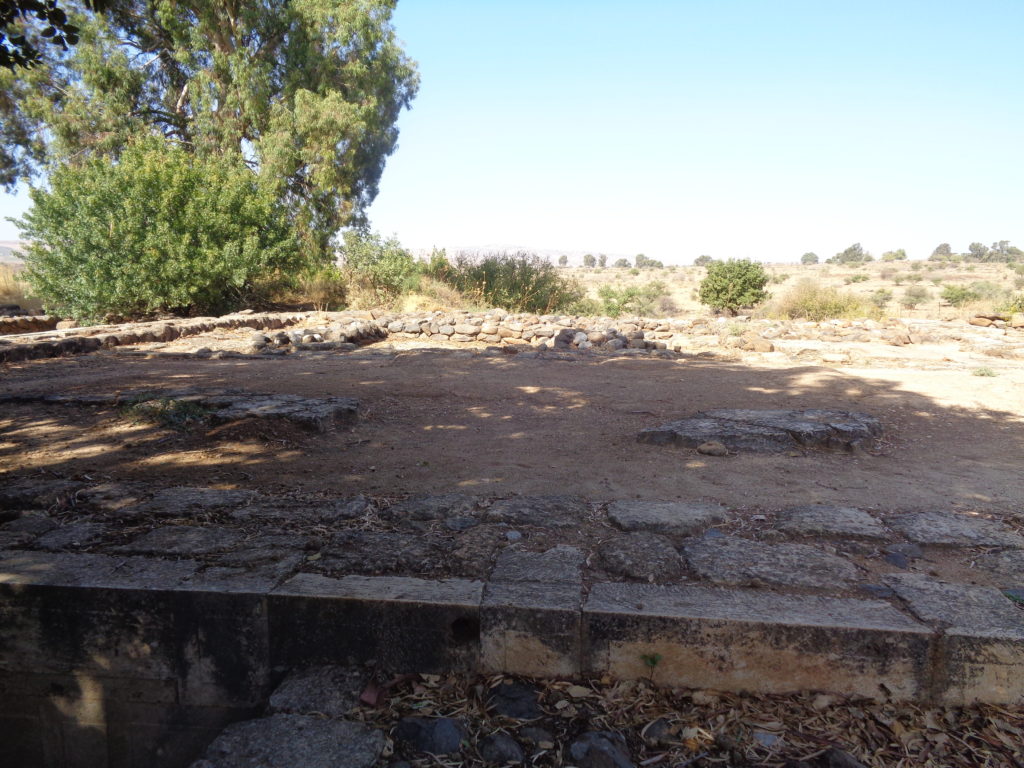
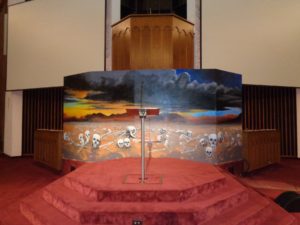
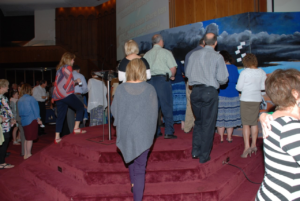
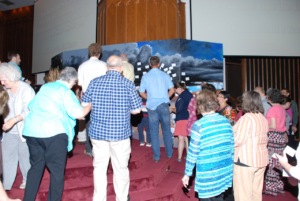
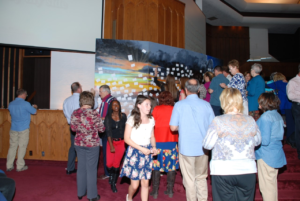
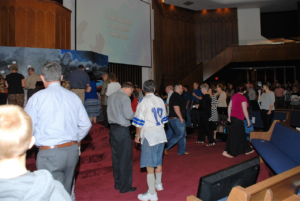
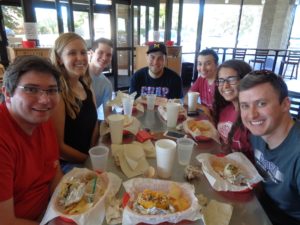
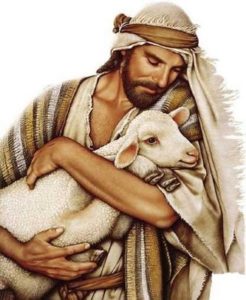
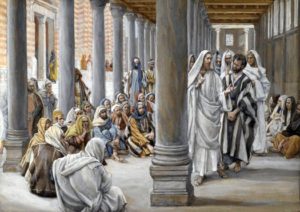
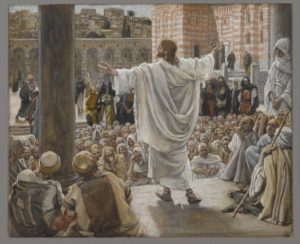

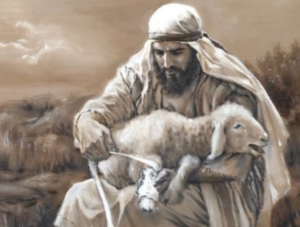
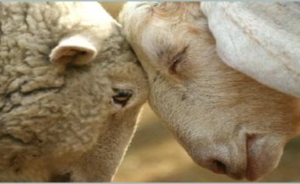
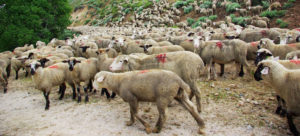
Recent Comments